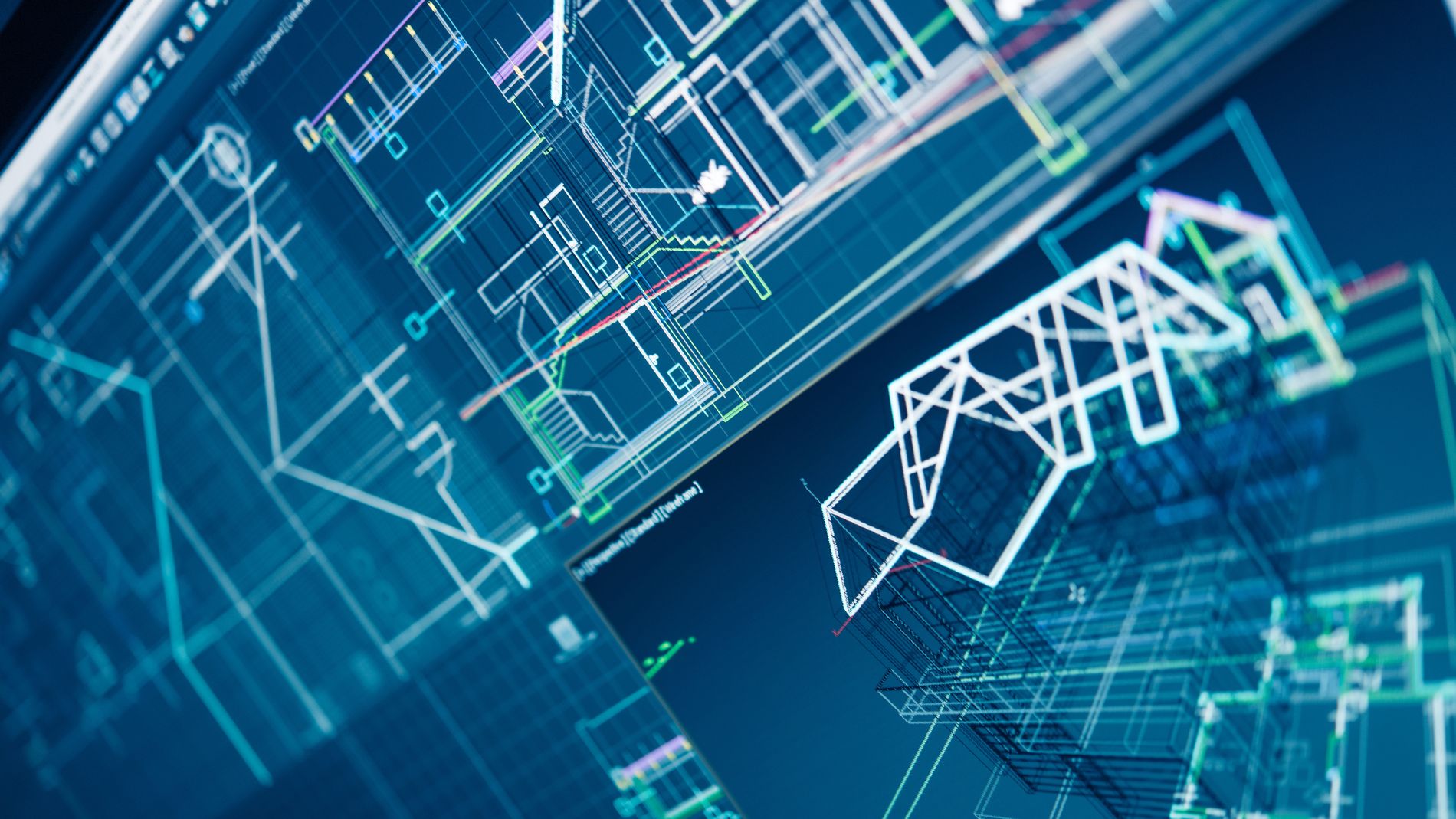Smart building technologies benefit both users and facility management, offering cost savings and efficiency. They play a crucial role in reducing emissions by optimizing HVAC systems and automating energy-saving adjustments. What impact does this have on facility management?
Reading time: 4 minutes
Time, Energy, and Labor Savings with Smart Building Automation: The Future of Facility Management
The future of efficient building management will rely on smart building technology. Smart grid electrical systems enable connected home systems and devices to exchange information. With the help of sensors and intelligent analytics (AI and machine learning), energy consumption can be monitored in real time. Building automation makes adjustments autonomously to optimize consumption, integrating renewable energy sources wherever possible. This makes smart building management a vital step toward the global energy transition.
Thanks to digital transformation, facility managers can monitor and control all gathered data with full transparency. This not only saves time but also reduces the need for manual labor: While system failures previously went unnoticed for a while, smart buildings now report them automatically. Facility managers no longer need to make manual adjustments to HVAC systems, as the smart building automation handles this independently. Smart building management also offers:
- Security and protection: Intelligent building technology enables smart access control (even remotely) and detects unusual activities. In the event of a fire, smart facility solutions can trigger protective measures through building automation—such as smoke ventilation or alerting emergency services—helping to prevent greater damage to people and property.
- Increased comfort: Facility managers enjoy full control without needing to spend extensive time on-site. Thanks to the digitalization and transparency of information systems, further work processes can be streamlined.
- Simplified cleaning: Cleaning plays a central role in facility management. Smart monitoring systems can detect and report cleaning needs directly. Additionally, cleaning progress can be tracked, and AI-based programs can assign cleaning tasks more efficiently. Since smart building technology automatically controls ventilation to prevent excess humidity, facility managers can also save time here.
Lower Operating and Maintenance Costs: Future-Proof Facility Management

Advanced sensors enable early detection of malfunctions or damages, such as water leaks. The intelligent building management system then takes appropriate measures, preventing further damage and reducing repair costs. If maintenance is needed, the system will send timely notifications, allowing better maintenance schedules and avoiding costly breakdowns.
Sustainable building management also plays a key role in future-ready buildings. Excess energy from renewable sources like solar energy can be stored proactively by smart facility solutions and distributed efficiently during peak demand. Machine learning analyzes demand patterns, reducing the need for expensive energy purchases from the grid.
Importance of the Building Lifecycle in Facility Management

The building lifecycle plays a critical role in efficient facility management. From the planning and construction phases to operation and maintenance, it is essential to ensure sustainability at every stage. Smart building technologies enable the optimization of energy consumption and operational costs throughout the entire lifecycle. During the planning phase, digital tools like Building Information Modeling (BIM) can collect data that provide valuable insights during the building's operational phase. In the operational phase, intelligent systems facilitate automated control and maintenance, extending the building's lifecycle and reducing its environmental impact. This approach ensures sustainable and economically efficient use throughout the building's entire lifespan.
Summary: Smart Buildings Provide Facility Managers with Greater Transparency and Control
In the future, efficient building management will allow facility managers to significantly reduce operating, labor, and maintenance costs through smart building control. Smart building automation ensures the sustainable and future-oriented use of energy while promoting sustainability through the digitalization of processes. Simultaneously, it enhances building security. Facility managers will benefit from transparent information, enabling them to save time and effort. However, one challenge for future facility managers will be keeping up with the rapid innovations in smart building management: Despite automation handling many tasks, understanding complex systems will remain crucial.
FAQ
What technologies are currently used in efficient building management?
The future of smart building management lies in the intelligent networking of systems. As part of digitalization, innovative facility solutions use IoT sensors to conduct real-time data analysis through AI and actuators to automate building operations. Machine learning and AI make buildings more responsive, easing facility management tasks. Workflows in facility management are increasingly being digitalized, with smart buildings supporting this by providing users and managers with the same information, ensuring transparency. Efficient building operations help reduce maintenance needs and lower costs.
How can modern and digital facility solutions reduce operating costs?
The digital transformation of building management has already made complex planning and accounting processes more streamlined and transparent. This not only reduces time requirements but also significantly cuts costs. Smart buildings of the future will autonomously lower their operating costs by optimizing energy consumption through harmonized HVAC systems. Real-time data processing can also identify devices that are consuming unnecessary energy—such as when users are away from the building—and automatically shut them down. Excess energy from solar panels can also be stored and used when energy demand increases.
What challenges exist in implementing future-ready building management technologies?
Despite many advantages like time savings, smart building management still faces several challenges. To fully implement intelligent and efficient building management, a more open and cross-brand interface technology is needed. This is essential for seamlessly connecting complex monitoring and analysis systems. Retrofitting existing buildings with smart building management technologies remains a challenge due to compatibility issues.
